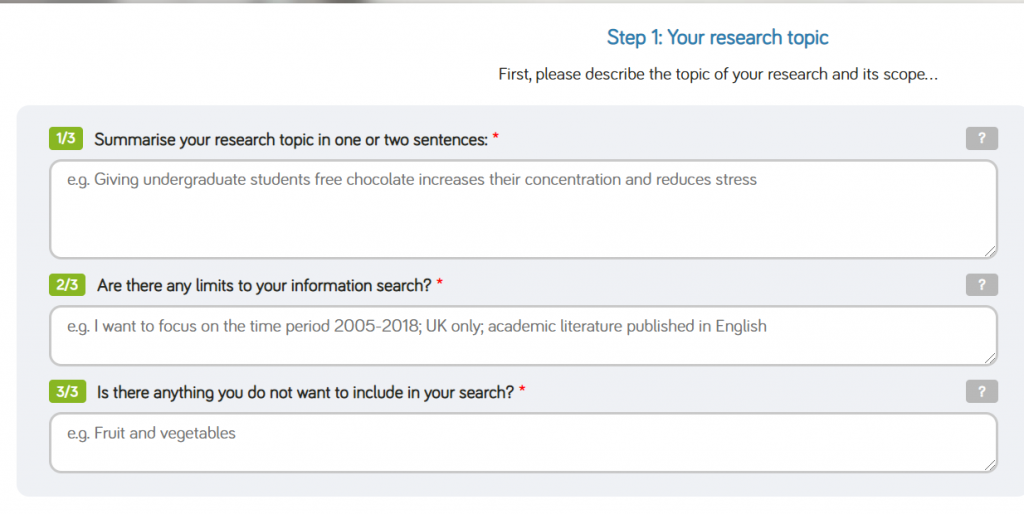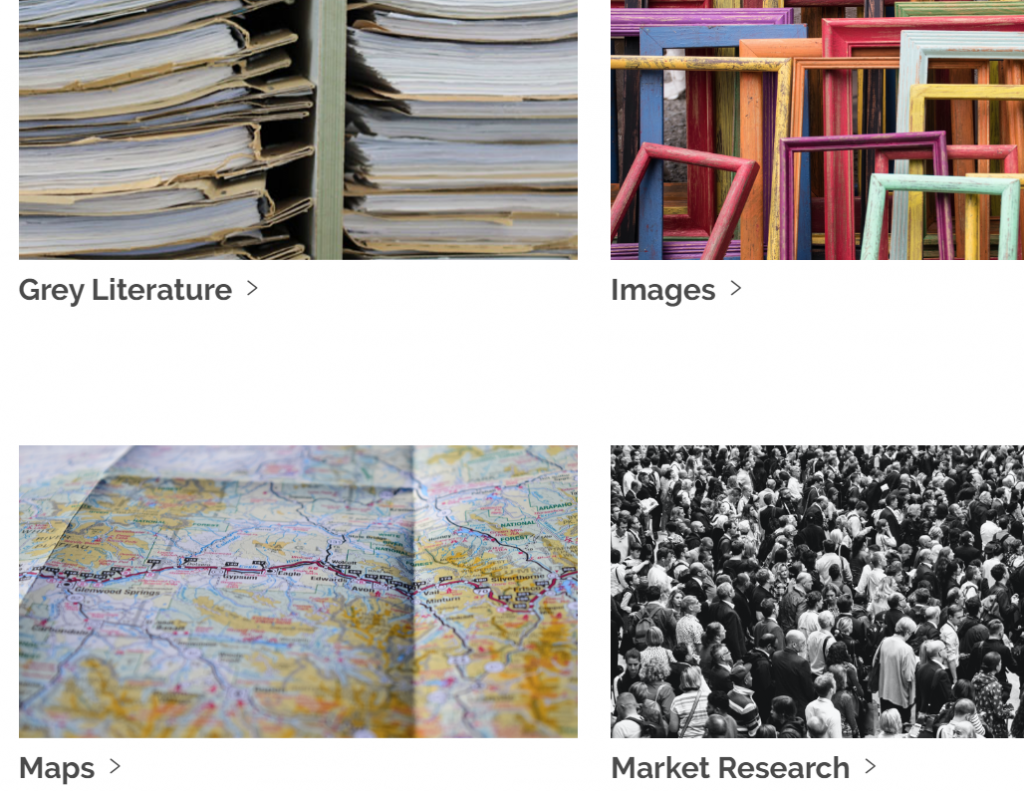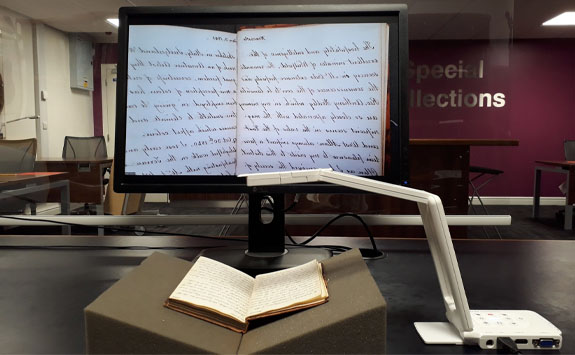Thanks to everyone who booked on our two Be Connected sessions to support your dissertation or project. We’re posting below links to the key resources we highlighted, so you’ve got them all handy in one place, whether you were able to participate in the sessions or not.
Getting a head start
If you’re at the early stages of planning your project or dissertation, or perhaps thinking ahead to next year, then you can get ahead of the game with our dissertation toolkit.

This interactive toolkit includes a proposal planner, to help you refine your initial thinking as you develop your proposal, and a search planner, which takes you step-by-step through each stage of the process to create your own personalised literature search strategy. It will help you develop your search terms, identify different types of information resource, evaluate what you have found, and formulate a plan for keeping up to date and managing your references.
Our toolkit will help you translate vague thoughts into a firm plan of action!
Nearing completion: final checks
If you’re well into your dissertation or project, you may well have some last minute aspects you need to check.
Are you sure you haven’t missed any recent research in your area? Find out about 360 degree searching and make sure you check key resources for your subject area on your subject guide. Are there particular types of information missing from your search: for example: data, news, reports, images? Visit our resource guides for inspiration.

How is your bibliography shaping up: are all the references accurate and correctly formatted? Visit our managing information guide for all the answers, including a link to the Cite Them Right ebook for specific queries relating to a type of resource or referencing style.
Need more help?
You can book a one-to-one appointment with a member of the Library liaison team, and/or email us your draft search plan using our search planner.
Special Collections and Archives

Depending on your subject area, you might want to make use of some of the Library’s fabulous Special Collections and Archives in your research, or find out more about the possibilities of using archives elsewhere.
Start with the Special Collections home page: all the links you need for how to find and use our collections, including digital and virtual services while the Reading Room is still closed.
Need inspiration? Not sure where to start? Anxious about archives? Try the practical Special Collections guide for friendly, expert advice about using our collections in your research or finding collections elsewhere. Or why not see where your ideas take you with our great new Primary Sources Research Planner?
